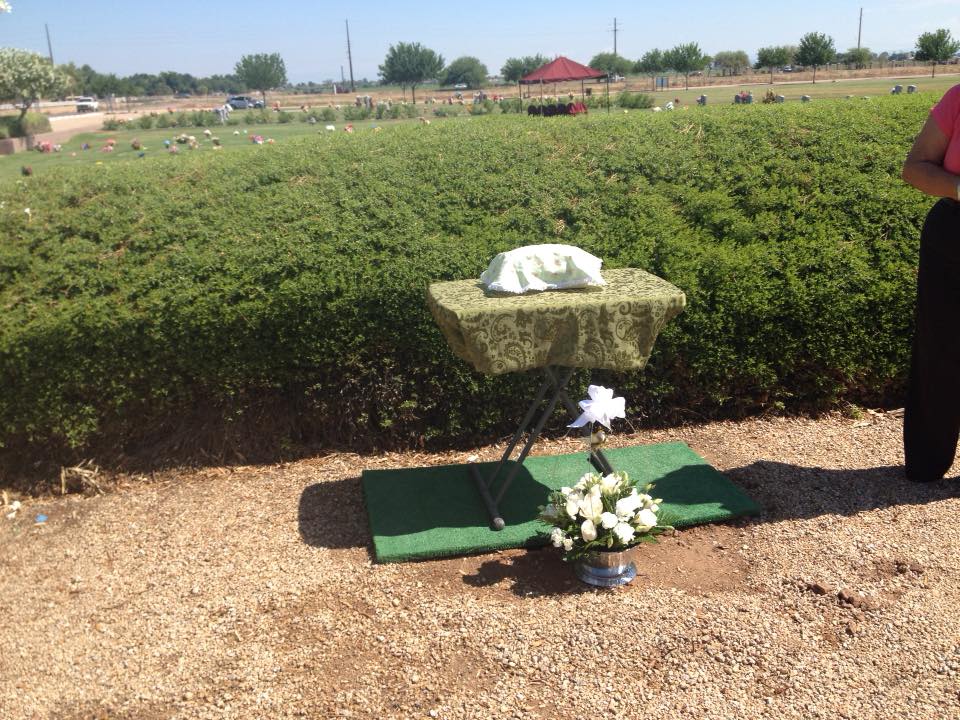A colleague friend of mine who works in Second Temple Judaism once quipped that a sure mark of an established Old Testament professor is an inclination toward public shaming in the classroom. He then related some legendary anecdotes from his own education that backed up his claim, all of which I have to say were quite humorous. They were humorous, of course, because of their incongruity with contemporary academic decorum, and because of the parallel incongruity we often perceive between modern and pre-modern societies where shaming was prominent, societies such as those depicted in the Hebrew Bible.
Contemporary culture generally assumes the experience of shame to be a sign that something has gone wrong in the realm of human interaction. Shame is pathological, and its source can almost always be traced back to an oppressive (and likely hypocritical) imposition of moral norms by an overreaching communal authority. Hester Prynne bearing her scarlet “A” is often the first image that appears to the modern mind when considering whether shame is something we should endorse or condemn. Old Testament teachers notwithstanding, we remain highly suspect of any state of affairs that would cause shame in any regular way. Some have even criticized sex offender notification laws precisely on this basis. Indeed, if shame has any appropriate place in our liberal society, it is reserved specifically for those who cause shame in others.
That being said, a recent Master’s dissertation here at the University of Scranton has given me the opportunity to rethink the moral status of shame in the modern world. In this thesis, Fr. Joseph Nsekanabo examines shame as a crucial component of human moral development from both a philosophical and psychological point of view. He highlights the role that shame plays in the Baganda culture of East Africa, and then contrasts it with the common understanding of shame in Western culture. His thesis is basically that the price of disavowing shame is the abandonment of any determinative communal dimension to the process of moral development. Shame is simply the negative expression of one’s right relationship to a moral community whose concrete practices and living tradition determine what counts as good human action.
Fr. Nsekanabo’s endorsement of shame and his appeal for its recovery in the modern world emerges in large part from a reading of Aquinas’ treatment of verecundia in question 144 of the Secunda Secundae, where Thomas follows Aristotle in denying shame the full designation of virtue. The reason shame cannot be a virtue in the full sense is because it is not fully elective; it is, properly speaking, a passion. Yet Thomas calls it a praiseworthy passion, insofar as it represents the proper human response to disgraceful acts. So, as he says at the end of the body of article 1, if we take virtue in its broadest sense to mean “whatever is good and praiseworthy in human acts and passions,” then we may righfully call verecundia a virtue, “since it is a praiseworthy passion.”
I found this claim very intriguing. I became even more intrigued when I looked at David Ross’ recent translation of Nicomachean Ethics IV.9 and saw that he goes so far as to title the chapter on shame “A Quasi-Virtue.” Robert Solomon also gives shame this designation in his book True to Our Feelings. “Aristotle calls shame a ‘quasi-virtue,'” he writes, “because to act wrongly and not be ashamed is much worse than to act wrongly and be ashamed because one has done wrong” (96). That encapsulates Aristotle’s main point well enough, but I still feel pretty uncomfortable calling shame a “quasi-virtue.” As far as I can tell, Ross adds this title to the chapter, a title which does not appear in original text of IV.9. Is there some other text of Aristotle’s that can serve as a basis for this attribution? In any case, Aristotle himself affirms that
This passion is not becoming to every age, but only to youth. For we think young people should be prone to shame because they live by passion and therefore commit many errors, but are restrained by shame; and we praise young people who are prone to this passion, but an older person no one would praise for being prone to the sense of disgrace, since we think he should not do anything that need cause this sense.
Shame’s function in the process of moral development therefore seems limited to the stage where right action can only but constitute the exercise of continence. Shame is praiseworthy because it indicates the possession of an important aspect of virtuous action, and not (for obvious reasons) the full possession of virtuous action as such. If shame is a quasi-virtue, then continence must be as well, since as Aristotle himself says at the end of the chapter, “continence too is not virtue, but a mixed sort of state.” The direct connection between shame and continence seems clear enough.
Terminological debates aside, I found Fr. Nsekanabo’s thesis to be a fascinating window into the fruitful and surprising way that contemporary communitarian criticism engages with Thomistic and Aristotelian moral categories. I am very thankful that he has been able to re-open this topic for me. I take it to be a fact that modern liberal society is allergic to the idea that shame could be a normal and healthy part of moral development. Yet what is the price of giving up the possibility of shame as a tool for moral formation?
Fr. Nsekanabo contends that to disown the formative role of shame is to disown the robust accountability to moral community which authentic human virtue requires. I am very intrigued by that claim, and yet I also feel very awkward (to say the least) about calling for a recovery of shame in our current cultural context. Though I am still skeptical about calling shame a “virtue” in whatever degree, I do think think that its loss is a moral impoverishment. Shame is a praiseworthy passion, especially for the young. We need to teach our children right action in a way that embeds them in a moral community that in turn makes shame a real possibility. Yet in our present culture, the possible scope of this accountability seems very narrow indeed. What would a properly communal recovery of shame look like? Where would it begin?




![Ronaldo Zacharias Responds to “An Interdisciplinary Theological Method from the Knowledge of the Forgotten,” by Alexandre A. Martins [English]](https://catholicmoraltheology.com/wp-content/uploads/2023/05/Jairo-CC-BY-2.0-https-creativecommons.orglicensesby2.0-via-Wikimedia-Commons-440x264.jpg)
Great post and great stuff to think about especially regarding shame and moral development. I was actually just thinking about this today in class. I had a student present on prisons in Cameroon. She said that many prisoners never have family visit them because they are so ashamed. She described her own experiences of families refusing to take care of the children of prisoners because of shame, and refusing to bury their bodies because of shame. She must have said the word “shame” at least two dozen times in her entire ten minute presentation (she is from Cameroon). This is the opposite, ugly side of shame, which paralyzes us and keeps us from becoming the people we want to become.
On the other hand, I noticed recently the positive side of shame in another class while my students were talking about the hook-up culture. Many of them, even the ones who talk up in class a lot, blushed and looked down and did not talk during class discussion. They later opened up a little more on the Blackboard discussion but I think the very fact that they didn’t want to talk in class is an indicator of shame and a moral indicator on the status of the hook-up culture.
So I like calling shame a quasi-virtue, or maybe even a path to virtue, while stopping short of claiming shame is valuable in itself.
Additionally, I was reading the NYTimes tonight and came across this article about a new culture of open public affection:
http://www.nytimes.com/2011/03/31/world/americas/31mexico.html
Notice the use of the word “shame” in the article. So I wonder, is this decline of collective shame in Mexico City a good thing? Or is there room for some quasi-virtuous shame in Mexico City, not just for the young, but for the adult population as well?
I know I am late in responding to this (sorry, just getting around to reading it)… but I find this deeply problematic.
I’ll start by saying that I have not read Fr. Nsekanabo’s thesis, and given his cross-cultural analysis, it is quite possible that I have misunderstood the nuance of his argument, or even his definition of shame.
Perhaps it is inappropriate to respond, given this confusion, but I think it is especially problematic to say that we need to recover a sense of shame for the young. That’s why I want to jump in here, and you can let me know if I’ve totally misunderstood your argument.
I understand shame to involve a feeling of humiliation–not that I have done something wrong, but that I am wrong. Shame involves negative feelings about the self in relation to others, a sense of unworthiness or even self-hate. Shame is different from guilt, embarrassment, or regret.
There is a lot of emerging work on trauma studies, especially from feminist theologians who have written about moral formation and shame. I’d recommend Denise Starkey’s book, The Shame that Lingers, or Rita Nakashima Brock and Rebecca Ann Parker’s book, Proverbs of Ashes. What this research shows is that shame can be damaging, especially for children. Wouldn’t we rather have a moral formation that affirms children as loved by God and called to lives of flourishing? Isn’t there a way to talk about cultural or religious socialization in a way that teaches the young right from wrong without instilling shame? What kind of God would require shame to be a part of moral formation?